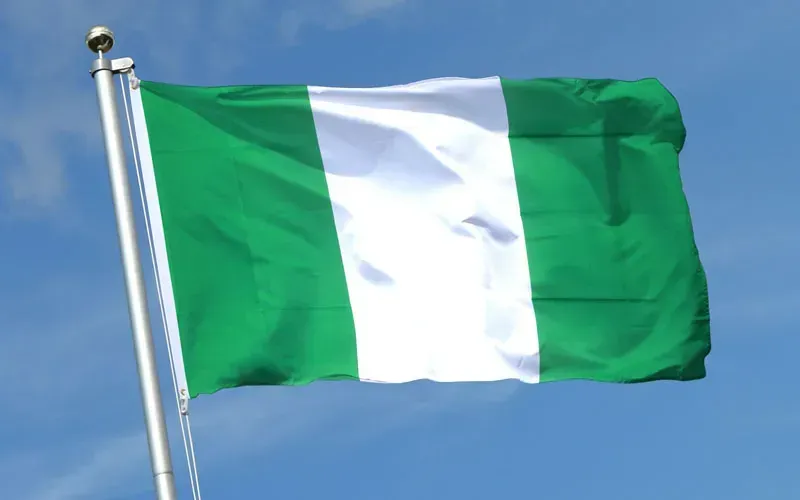The report notes that top manufacturers are scrambling to deliver vaccines to African countries, with China and Russia showing to be “particularly attentive to the continent’s needs.”
“As early as June, China’s number one, Xi Jinping, expressed his ‘generosity’ at the China-Africa summit by promising African countries that they would benefit from advantageous conditions during the massive distribution of Chinese vaccines,” The Africa Report says.
In Tanzania, President John Magufuli has warned the country's Health ministry against rushing to embrace COVID-19 vaccinations that are being promoted by foreign nations.
President Magufuli, a Catholic, said that any decision to adopt the vaccinations should not be taken lightly and directed the Ministry of Health to only adopt them after they have been certified by Tanzania’s own experts.
“The Health ministry must know that not every vaccination is meaningful to our nation. Tanzanians must be mindful so that we are not used for trials of some doubtful vaccinations which can have serious repercussions on our health,” President Magufuli has been quoted as saying.
(Story continues below)
He emphasized the need for Tanzanians to continue putting trust in God while taking all the necessary health precautions.
“We have lived for over one year without the virus because our God is able and Satan will always fail. The Health ministry should be cautious, and avoid the temptation to turn us into a country where vaccination trials are conducted freely,” President Magufuli said.
In South Africa, a Catholic Bishop has expressed concern about the lack of proper information on the COVID-19 vaccine that is set to be administered to South Africans to combat the coronavirus, which has been said to be fast spreading in the country.
In a past interview with ACI Africa, Bishop Joseph Kizito of South Africa’s Aliwal Diocese said that there is a lot of distorted information about the vaccine and that the situation was already causing a lot of anxiety among the people.
The Ugandan-born Bishop called upon the South African government to educate the masses on the safety and possible side effects of the vaccine.
“The only information that the people have about the COVID-19 vaccine is constructed from rumors because no one has provided them with proper information concerning the vaccine. Some are already saying that the vaccine is about globalization and that those who are inoculated will not be able to bear children,” Bishop Kizito told ACI Africa January 4.
He added, “As Shepherds of these people, we must get assurance about the safety of the vaccine to reassure the people. At the moment, there isn’t such information and we don’t know what to tell them.”
There have also been concerns about hogging of the vaccines with some countries ordering more than what they need while other countries still struggle to create awareness about the vaccines.
As South Africa battles a highly infectious new mutation of COVID-19, the country's leading expert on the pandemic has urged wealthier nations not to hoard vaccine supplies, warning that “no-one is safe until everyone is safe.”
“Fundamentally, there's a mistaken belief by some countries that they can vaccinate their populations and they'll be safe,” Prof Salim Abdool Karim, chair of the South Africa’s COVID-19 advisory panel has been quoted as saying.
He added, “It simply is not true. In this world that we live in, with this coronavirus, no-one is safe until everyone is safe.”
The expert has expressed concern about some countries ordering more than they need while others are struggling to combat the spread of the coronavirus.
“There's no endgame that sees one country succeeding in controlling the virus while the rest of the world is dealing with rampant spread. For me, we all need to stand together. It's in everyone's interests,” Prof Karim said.
He added, “To me it would be unconscionable that a country like the US or UK to start vaccinating low risk young people, when we here in Africa haven't even started vaccinating healthcare workers and the elderly.”
Agnes Aineah is a Kenyan journalist with a background in digital and newspaper reporting. She holds a Master of Arts in Digital Journalism from the Aga Khan University, Graduate School of Media and Communications and a Bachelor's Degree in Linguistics, Media and Communications from Kenya's Moi University. Agnes currently serves as a journalist for ACI Africa.








